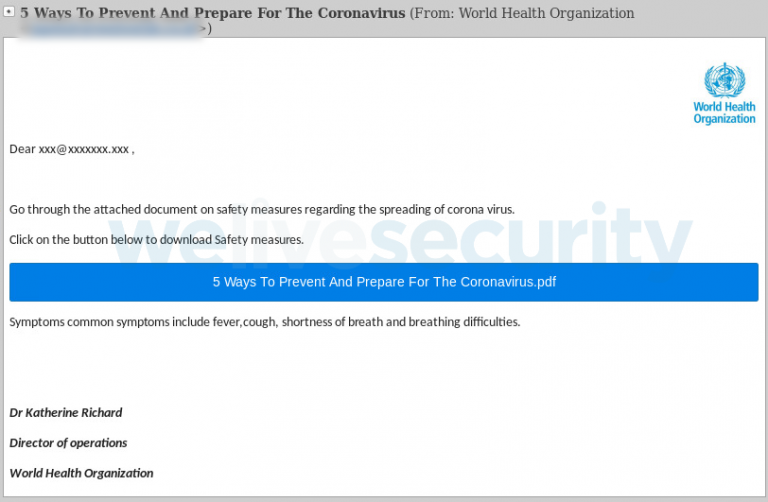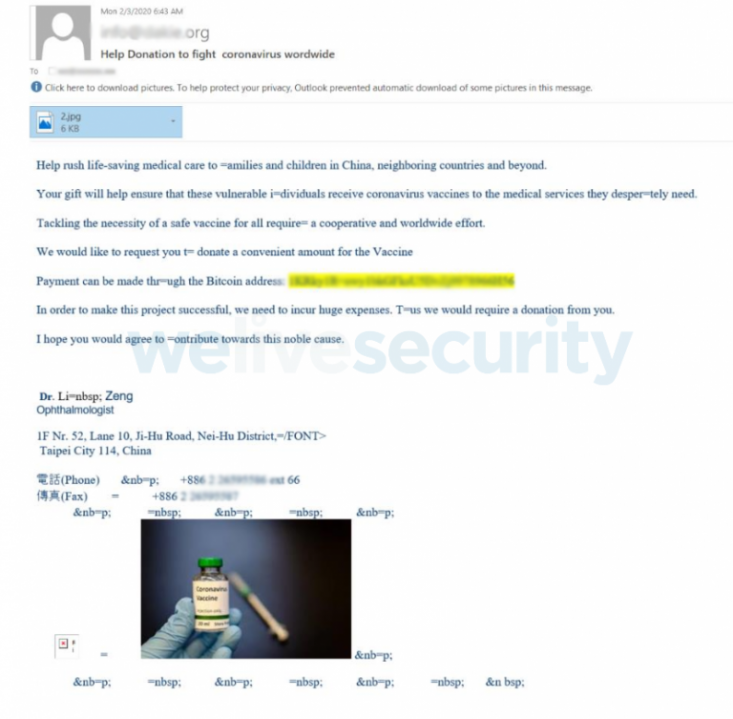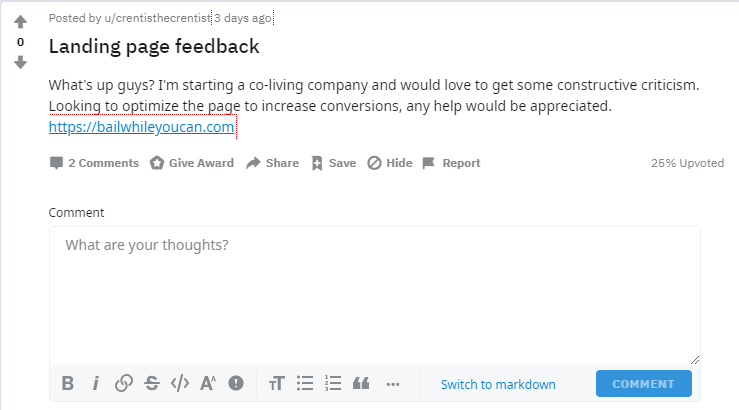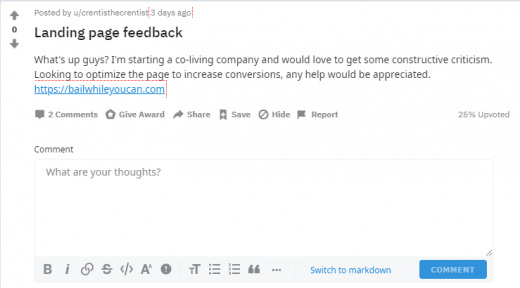Rise of Scams After Coronavirus Outbreak
Rise of Scams After Coronavirus Outbreak

Due to the surge of Coronavirus victims worldwide, scammers and hackers are availing this golden opportunity to scam people. The hackers (including a cough) and scammers are always ready to pounce. Her is the rise of scams after the coronavirus outbreak.
Find and follow the correct and real sources of information. More than 9,389 death worldwide and 230,000+ infected victims, scammers have wasted no time in playing on people’s fears or evoking feelings of compassion
We know the COVOD-19 virus is now officially declared a pandemic The virus has evoked great fear globally, resulting in travel bans, country lockdown, panic buying, the crash of the stock market and financial market disturbance.
Be cautious — Be wary — of more than COVID-19!
Hence, cybercriminals have distributed fraudulent emails claiming to be representatives of World Health Organizations (WHO) to steal your personal information and your money, security experts say
The FBI, Secret Service, and the World Health Organization have all recently issued warnings
Watch your home computer.
There is a huge upsurge in people working from home, cybercriminals are wasting no opportunity to gain access to the company’s servers by hacking into laptops of people working from home
Some of the examples of these scams are listed below:
Spreading of Malicious News
World Health Organization (WHO) is the major source of information during this outbreak. That is why scammers and hackers are cashing the opportunity by running these scam email campaigns pretending to be WHO representatives in order to get the victims to click on malicious links
Usually, these malicious links install malware, steal personal information, and attempt to capture logins and password credentials

The WHO is well aware of these scams and that is why it provided guidance on its website to be conscious when contacted by a person or organization that appears to be from WHO
Online Face-Mask Phishing Emails
Another type of fraud is by playing with people’s fears and emotions. They urge the people to buy masks from them, which can make them invincible to Coronavirus
After scaring the people through email, these hackers provide a link in the bottom “Asking them to buy the mask” that can help them stay safe from the novel coronavirus

If you purchase a MASK — PLEASE buy from a reliable source.
According to Google Trends, the search volume for ‘hand sanitizer’ and ‘face masks’ have increased suddenly and no doubt masks and hand sanitizer prices have touched sky limits.
Amazon is warning third-party sellers on its Marketplace platform against excessive price hikes to face masks amid coronavirus outbreak. According to Sky News, fraudulent face mask sellers swindled people in the UK out of £800,000 (US$ 1 million) in February alone
Fake Charity for Coronavirus Victims
Fake help and fake charity is not a new type of scam, but it is very common whenever any tragic event takes place.
Lately, a cybersecurity company published a blog on Australian Bushfire and how Cybercriminals are Profiting in this tragic event. The blog says:
Cybercriminals have hijacked the fundraising websites that are created to raise funds for the victims of the Australian Bush Fires.
Similarly, these hackers are sending out emails to the people “to help fund the vaccine for children in China.”
Fun fact, PEOPLE — there is yet no vaccine released to cure Coronavirus.

Emphasizing US Citizens to Travel to BALI
Some scammers are making the most of the current pandemic by urging US citizens to travel to BALI

Basically, they’re trying to make money off the Coronavirus thing by selling a trip to Bali. It really pisses me off that people like this are trying to profit from the virus. I am a frequent traveler and I know for a fact that $ 1200/month is a huge rip-off
Seems like a good idea?
Until you realize that Coronavirus is already in Bali and there’s already been one death (34 total cases in Indonesia). It’s incredibly irresponsible to encourage people to go to a country where Coronavirus is already outbroken
How to Avoid Coronavirus Scams and Phishing Attacks
Here are some tips to stay conscious and safe from these hackers and scammers:
- Avoid clicking links from sources you don’t know. Because you never know what these links can do to your computer or device
- When you receive emails from the Centers for Disease Control and Prevention (CDC) or experts, always check out the source and validate the email before opening the link
- Don’t get involved in fraudulent charities or crowdfunding campaigns
- There currently are no vaccines, pills, or other prescription or over-the-counter products available to cure or treat Coronavirus disease. Please ignore all online offers for vaccinations
- Don’t let anyone rush you into making a donation. If someone wants donations in cash, by gift card, or by wiring money, don’t do it
- Use software to provide extra-security layer against cybercriminals trying to hack into your sensitive information while working remotely
- Organizations should adopt robust tools such as a VPN to enhance employee’s online presence and give them the added capability of secure remote access from any corner of the globe
The post Rise of Scams After Coronavirus Outbreak appeared first on ReadWrite.
(62)


